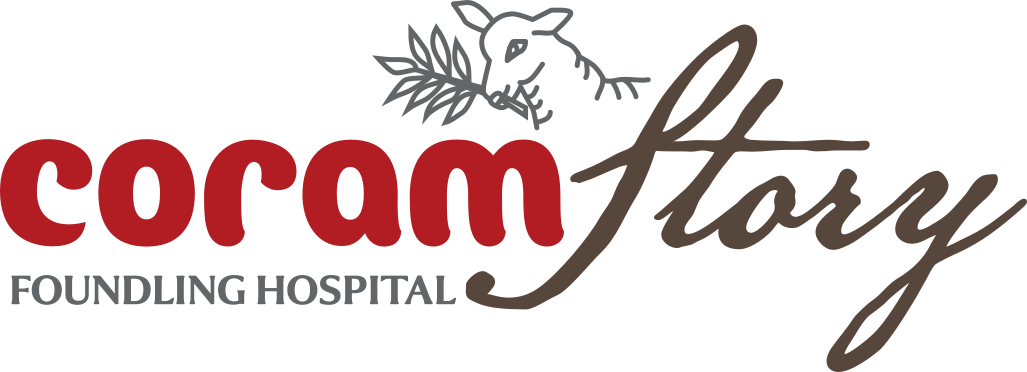I can’t remember at what stage in my life – all of 67 years – I became conscious of Coram and the word Foundling. But when I think of it, the legacy of Captain Thomas Coram has rippled through my life all that time from my source of being – my mother.
Florence, born Phyllis Irene, was admitted to the Foundling Hospital nine months after her birth in 1924, attending the hospital school at Berkhamsted from 1929 to 1939.
Mum’s school years remained a mystery to me until her death in 1999, after which my closer relationship with the Coram charity grew into a knowledge that due to this institution, my Mum had a better start in life than the one she may have been destined for.
With a fortunate – by that I mean loving – placement with a foster mother, Florence grew and flourished to become a hardworking, conscientious, and loving mother herself.
I was her only child and was lucky enough to have all her attention. She divulged very little about her childhood, although I do know that as a result of her school years, she was determined to never send me to boarding school, ensuring that I would have the love and security of a family home until I made my own way in the world.
Skipping forward to this millennium, with the help of a Coram social worker who supported descendants of former Foundling Hospital children to explore their family history, I began my journey of discovery which led to greater emotional ties to Coram and its work today.
History has always been a love of mine and social history even more so as it brings one’s own life into focus and lends meaning to the present day and hope for the future. With the help of a dear friend who is an avid family history researcher, I have been able to trace and meet a brother and sister of my mother’s and many cousins in New Zealand.
It was also through this friend that I was prompted to answer Coram’s call for volunteer transcribers to help transcribe thousands of handwritten records from Coram’s vast Foundling Hospital archive dating back to the 1700s. This is so that the records can be made available online as part of the Voices Through Time project. Despite not being very tech savvy, I signed up as a volunteer transcriber and with the support, patience and perseverance of Molly and the team, I managed to get to grips with it!
I soon became aware of how detailed the Foundling Hospital records were, and that somewhere much later my own mother would be similarly recorded. It saddened me to note how many babies died soon after admission – lives offered up by the mothers for a chance of survival.* A short life neatly recorded left behind a mother, who may, or may not have been aware of the baby’s demise. Many mothers’ lives continued – some with longer and even more tragic stories than those behind the pages of the hospital records.
My grandmother grieved the loss of her child from the age of 21 until her death at 82. A story of loss lies behind each record, whether the child lived or died, but I like to think that transcribing these pages offers all parties the dignity their stories and lives deserve.
I am not a natural desk or computer worker and need to exercise and stretch my legs, whether it be by doing housework or walking my dog. I love a good physical challenge, and so when I received a newsletter from Coram urging runners to participate in a selection of challenges to raise funds for Coram I pledged, in a mad moment, to enter the Hampton Court Half Marathon on 19 September.
I do hope that many of you reading this will be able to support me through my JustGiving page or even better, come to cheer me on from the side lines for the sake of this worthy cause. It is but little I can do with Thomas Coram’s tenacity as my byword and incentive to stay the course – I need all the help I can get!
Can you help us transcribe some of the most fragile records from the Foundling Hospital archive?

